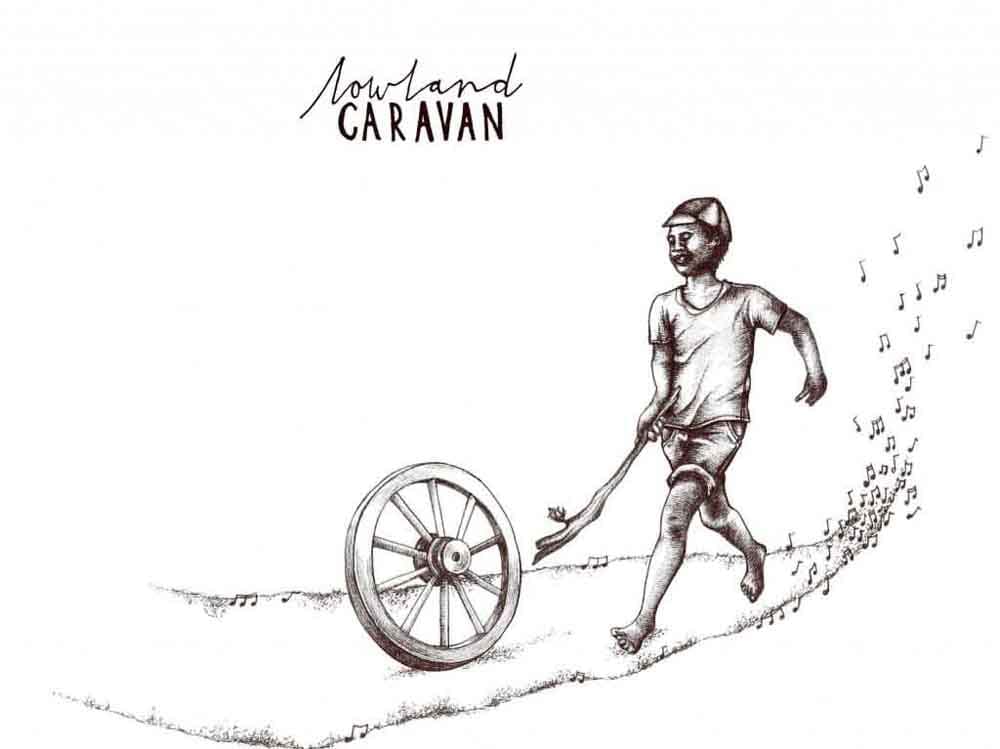Oorwin die laagtes in jou lewe!

Conquer your lowland
So the Lord was with Judah. And they drove out the mountaineers, but they could not drive out the inhabitants of the lowland, because they had chariots of iron. Judg 1:19 “Die Here was by Juda, en hulle het die Bergland in besit geneem. Maar Juda kon nie die inwoners van die Vlakte verslaan en hulle stede verower nie, want hulle het yster strydwaens gehad.” Judah se roeping en “destiny” is om te regeer. Gen 49:8-12 Hy was bestem om al sy vyande te oorwin, en tog as gevolg van een nederlaag, gee hy moed op en neem nie hierdie land in beslag nie. Daar is areas in ons lewens, waar ons nie in oorwinning lewe nie, omdat die vyand sterker wapens het. Die Here was met Judah, maar hy kon nie die gebied inneem oor hierdie baie wettige en wesenlike probleem. Die vraag is, kon Judah nie ook leer om strydswaens van yster te vervaardig nie? Hoekom net hierdie probleem aanvaar asof dit nou maar net so is, en niks verder daaraan doen nie?
Daar is sekere areas in ons lewens waar ons gevange gehou word en beperk word deur wesenlike weerstand, maar God is met ons, Hy het bedoel dat ons die vlaktes “lowlands” in besit neem, nou word ons net tot die bergagtige gebied beperk.
Elke mens het ‘n wettige verskoning om iets nie te doen nie. Baie verskonings: legally, realities Luk 14:16-2 Die een het ‘n os gekoop, die ander ‘n vrou getrou, en die ander het ‘n stuk lang gekoop. Wettige verskonings om nie die fees by te woon nie.
Ons is maar as mens altyd bang om ‘n nuwe vaardigheid aan te leer. ‘n kind aanvaar ‘n 50% punt vir wiskunde, ek is nie goed met somme nie, die onderwyser is moeilik en pik op my, die onderwyser verduidelik swak… Alles dalk wesenlike verskonings, maar beteken dit nou dat jy moet dit nou maar aanvaar? Ek kan nie swem nie, daarom gaan ek nie in water in nie… Daar het ‘n opposisie reg oorkant ons winkel oop gemaak daarom…
Terwyl ons onlangs in Uganda bedoen het, hoor jy die talle “challenges”:
Bv. Droogte in ‘n hoë reënval tropiese gebied – Feitlik geen besproeing word gebruik nie.
Grond is gefragmenteer – Hoekom werk julle nie saam in Kooperasies nie?
Elke groot uitvindsel van die 21ste eeu, was eertyds ‘n reuse probleem.
Words spelled out in the 18th Olympics in 1964 in Tokyo “The most important thing in the Olympic Games is not to win, but to take part, just as the most important thing in life is not the triumph, but the struggle, the essential thing is to have fought well”.
George Stephenson spent fifteen years to perfect the locomotive.
Watts worked for thirty years on the condensing engine
Charles Goodyear spent ten years of study, poverty and public ridicule.
William Wilberforce early became enflamed with the idea of stopping the slave trade and slavery in England. He succeeded in becoming a member of Parliament. Goaded by William Pitt, he spoke often against slavery and the slave trade but suffered repeated defeats in Parliament. In 1807 he persuaded his colleagues to ban the slave trade. Not until 1833 did both houses of Parliament finally abolish slavery in Britain. The news of total victory came to Wilberforce on his deathbed. He was motivated in his life’s career by an idea whose time finally came.
“Our men were not braver than the enemy. They were brave five minutes longer” (attributed to Lord Wellington after the great victory won over Napoleon at Waterloo).
Edison did not give up when his first efforts to find an effective filament for the carbon incandescent lamp failed. He did countless experiments with countless kinds of materials. As each failed, he would toss it out the window. The pile reached to the second story of his house. Then he sent men to China, Japan, South America, Asia, Jamaica, Ceylon and Burma in search of fibres and grasses to be tested in his laboratory. One weary day on October 21, 1879—after 13 months of repeated failures—he succeeded in his search for a filament that would stand the stress of electric current. This was how it happened:

